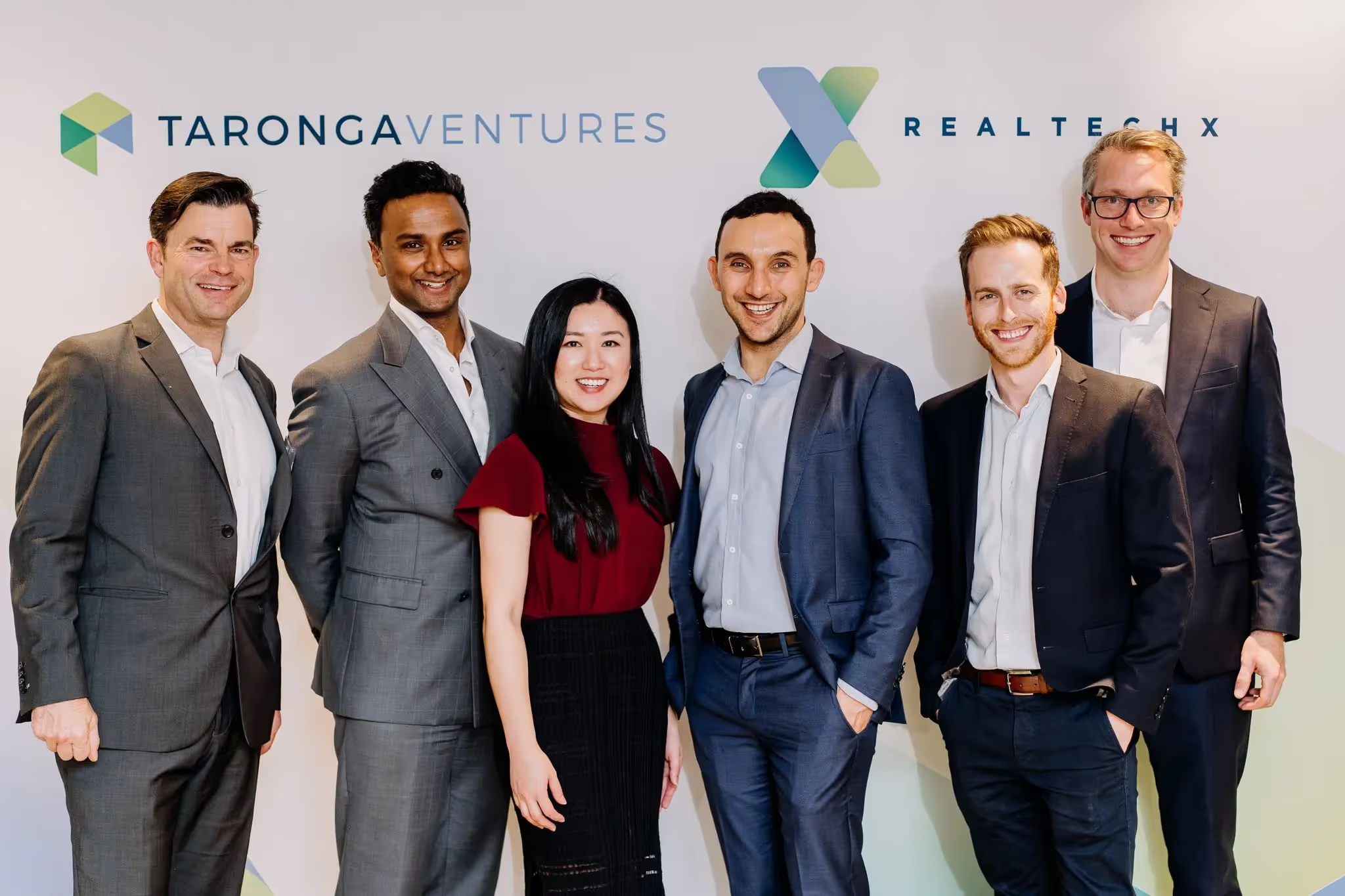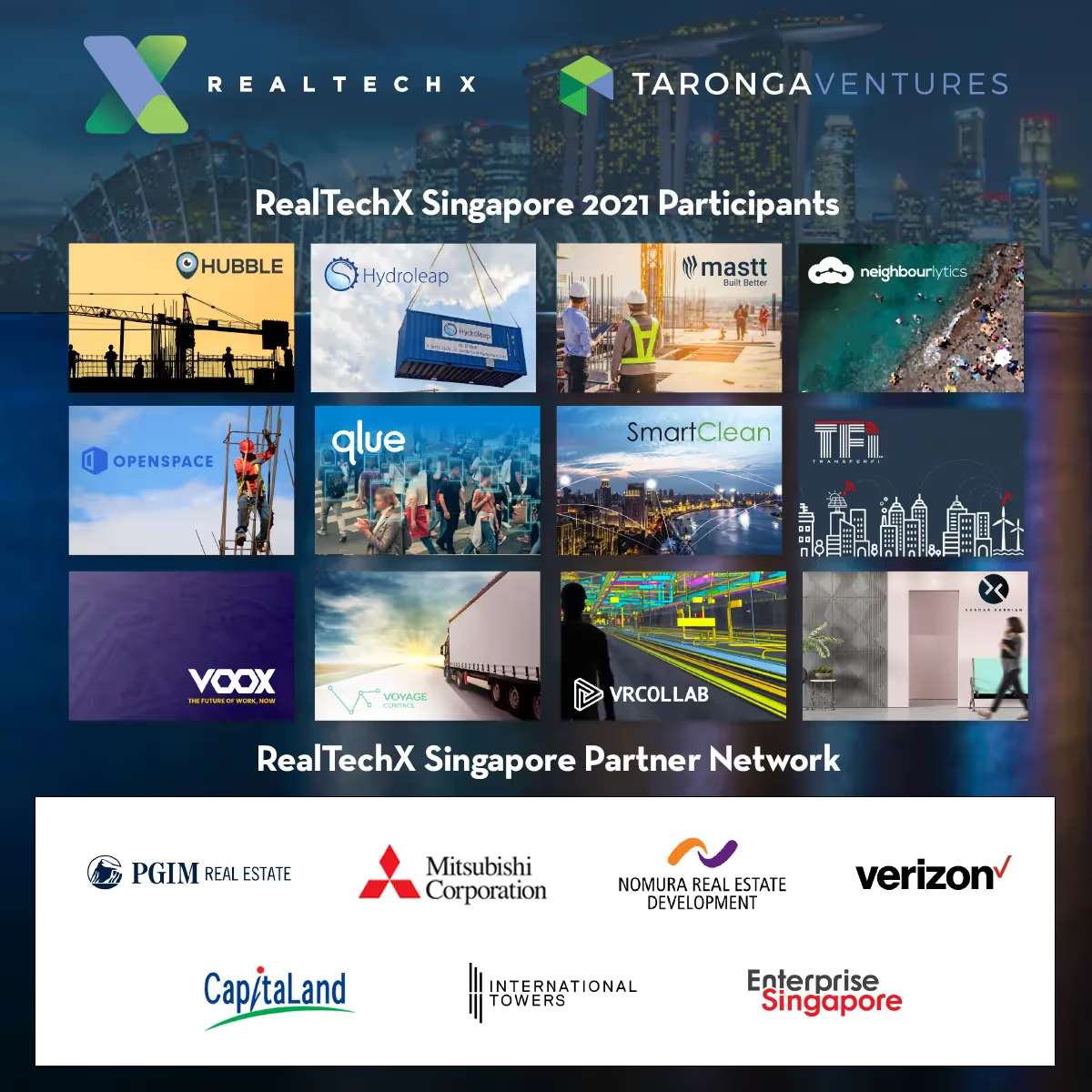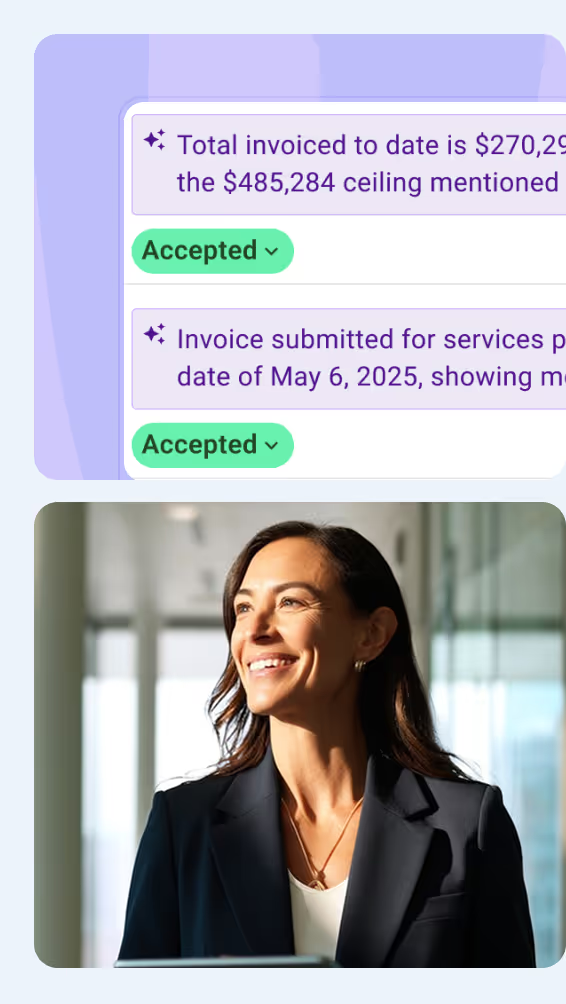In September 2021 Mastt was excited to be selected as one of 12 emerging technology companies to participate in the RealTechX Singapore innovation program.
RealTechX acts as growth conduit between RealTeach start-ups and its network of institutional real estate partners, including PGIM Real Estate, Mitsubishi Corporation, Nomura Real Estate Development, Verizon, CapitaLand's Smart Urban Co-Innovation Lab, Enterprise Singapore and Taronga Ventures.
What will the real estate sector's future look like with venture dollars moving into proptech start-ups at an accelerating rate? Julian Kezelman, Program Director for the RealTechX Growth Program and Growth Advisor for Taronga Ventures, unpacks the situation.

Tell us a bit about what Taronga Ventures does
Taronga Ventures is a venture capital business that invests in startups and emerging technology businesses, specifically for real estate and the built environment sector. We're interested in everything from planning to design, construction, asset management to transactions, as well as all different types of real estate assets: office, retail, infrastructure, logistics, industrial.
We also have an innovation program called RealTechX. The program helps the companies to get access to corporate customers and set up projects with them.
You helped coin the term "RealTech". How is it different from other buzz-words like ConTech or PropTech?
You might know the term PropTech that people use around property. But we're interested in all real estate, not just the building but also transport and mobility. We're interested in public spaces, roads, ports and we thought the term PropTech is a little bit too narrow. We were looking for something to define a much broader set of innovation and technology than what we'd seen before.
How many companies are in your portfolio right now and where are they located?
We've supported 34 companies so far. We have some companies in Europe as well as in North America, but most companies are from the Asia Pacific. And obviously, Australia. We have a program in Singapore at the moment with six Singaporean companies, a couple of other Australian companies including Mastt, an Indonesian business and a South Korean business.

Any particular reason for your focus on the Asia-Pacific region?
There are a lot of activities in real estate technology in the US and in Europe. What we think is that the US sometimes underestimates what's happening in Asia Pacific and thinks that there's enough innovation happening inside the US.
But we know that there's incredible innovation happening here, particularly in the built environment. Asia is urbanising at such a rapid rate. Cities are growing so substantially that it's actually easier to get new technology into Asia than it is into established countries where buildings are already built.
The growth in Asia is very much underrepresented on the world stage.
So what was the motivation for you when you joined Taronga Ventures and targeting the real estate sector specifically?
I was also working in innovation, but in the agriculture sector. That sector was similarly slow in terms of the amount of technology and innovation that was being used. I really enjoyed that work but deep down I'm still a city guy. Ultimately, I wasn't going to work in agriculture for the long term. And I thought, what's an industry that's struggling from an innovation perspective that I can make a big impact on? That's what drew me into it.
What is the opportunity for the corporates and what support do you provide them?
There are lots of different areas where innovation and technology can be applied. But the main focus for our corporates at the moment is around ESG (environmental, social and governance). It's how do we lower carbon and improve resource usage like water and land usage. It's how do we serve communities better and make sure that we're looking after our employees and guests and occupants. And then in governance, it's around how do you put better controls in the way in which your business operates.
For example, Mastt is largely about governance, how do you control risk and have better transparency and what's happening within your projects.
The major corporates are very much focused on ESG at the moment. The assistance that we provide them is figuring out what areas of ESG they are struggling in. Some are doing well on their own, but some are struggling to find interesting solutions. We then scan the market, find interesting and good quality companies, bring those companies back to them and then help them to establish at least pilot projects to get those relationships going.
What aspects of Mastt did you see that stood out and could have impacts in the RealTech space?
There is a lot of construction technology out there and most of our partners are actually developers. We take construction technology to them. And they think the technology is interesting, but more valuable for our general contractors.
What we saw in Mastt was a solution that helped bridge that gap between developer and general contractor. It is a construction solution, but it's targeted at the developers. That was something that we could take to our developers and say: "Hey, you have a problem in different interfaces of your projects? We have this technology that is able to bridge that gap."

There's been significant changes within the industry as a result of COVID 19. We're curious to see if there's any major changes in direction, as well as operations of the Taronga Ventures.
What we'd like to do is to not be short term. A lot of people will be talking about will people come back to the office? For us, that's a slightly boring question. We’d like to think about how has COVID-19 shaped the world, rather than the solutions to fix the problem in this very specific second. We're curious to know how has the pandemic changed our relationship to work? How is it changing our lifestyles and behavioural shifts? What does that mean in terms of our experience of the residential environment? And then the office environment. And the way in which we move between them.
Same for retail. Not will people come back to shopping centres, but what will shopping centres mean for people in the future?
We’d like to think about how has COVID-19 shaped the world, rather than the solutions to fix the problem in this very specific second.
In 2020, CoreLogic announced the partnership with RealTechX was one that “hits a sweet spot” for the business at just the right time. We’re curious to know how you identify the right partners and attract them to join the program.
It's a great question. We’re interested in partners that have demonstrated a commitment to innovation. They are partners that are actually going to work with the companies that we bring through the program. We're on the hook for making it work on both sides. To groups like Mastt, we'll get you guys customers. To our partners, we'll get them interesting technologies. Unless both parties are willing, it doesn't work.
With CoreLogic, they've got a very good and demonstrated track record of partnering with emerging technology companies. They've got some good examples of that. What they wanted to do particularly was expanding more out of residential property. Most of our partners are in the commercial space, so they wanted to expand more into the commercial segment. We knew they were hungry to move into this segment and would think about creative ways to use the companies that came through the program.
It turned out they found some interesting ways to work with the companies, which we wouldn't have anticipated beforehand.
What keeps you up at night?
We've had flooding in my apartment recently so that it's been very stressful. The carpets are soaked at the moment.
I get very excited by the work that I do. I tend to wake up thinking about problems and opportunities. I get up very early, often 4:00 in the morning and my head's already going. I just can't stop and escape thinking.
One thing about the industry that has surprised you lately.
We've had some great examples of collaboration between some of our emerging tech businesses. We're always trying to make connections between the emerging tech companies and our partners and they're just finding interesting ways to come together. For example, some of the tech companies have started working together as part of our Singapore program. You can see the connections being made.










